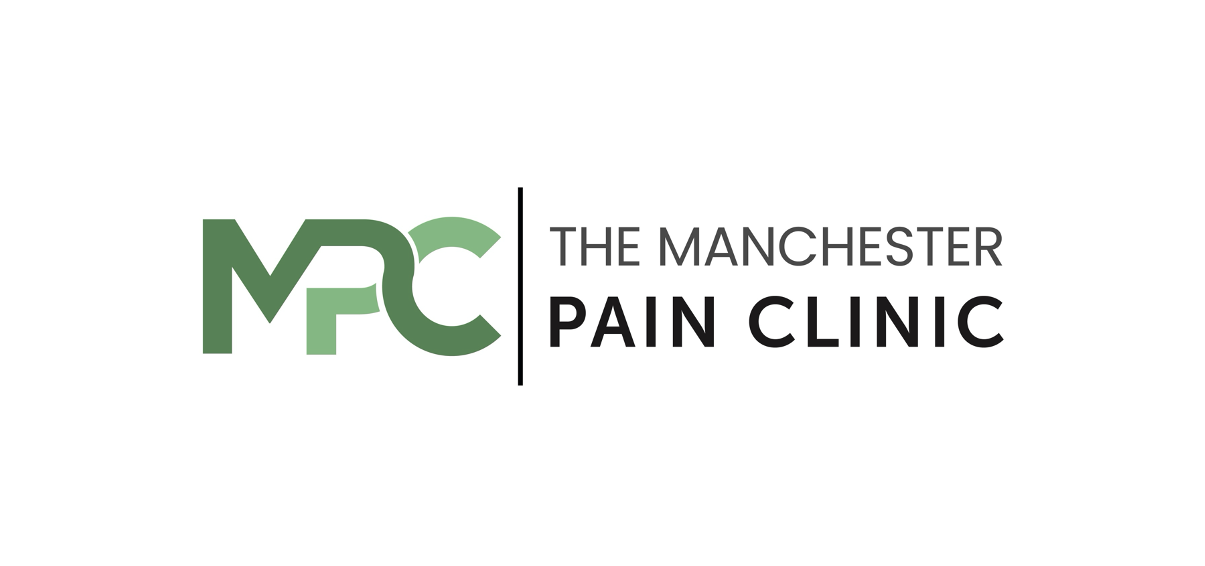Understanding Chronic Post-Surgical Pain (CPSP): What You Need to Know
- Dr Jonny Rajan

- Jun 2, 2025
- 3 min read
Updated: Jul 16, 2025
At The Manchester Pain Clinic, we often see patients who continue to experience pain long after surgery. If this sounds familiar, you’re not alone—and more importantly, support is available.
What is Chronic Post-Surgical Pain?
Chronic post-surgical pain (CPSP) refers to pain that develops following an operation, continues for at least two months, and cannot be explained by other causes—such as an existing condition. It is now recognised as a common and often underreported complication of surgery.
In fact, studies suggest that up to 1 in 3 patients may still experience pain a year after certain common procedures. A survey of 5,000 people attending outpatient pain clinics found that 22% linked their chronic pain directly to a previous surgery.
Which Procedures Are Most Commonly Linked to CPSP?
Some operations carry a higher risk of persistent pain. These include:
Orthopaedic and cardiothoracic surgery – up to 33% of thoracic surgery patients report ongoing severe pain.
Hernia repair – with around 12% of patients developing long-term discomfort.
Breast surgery – pain is reported in 31% of patients after mastectomy, rising to 49% when reconstruction is involved.
Why Does It Happen?
There isn’t one single cause, but several factors are known to increase the risk of CPSP. These include:
Pain before the operation
The type of surgical technique used
How nerves are handled during surgery
The severity of post-operative pain
Psychological factors like anxiety or depression
Your body’s response to anaesthesia and pain relief
What Can Be Done to Prevent It?
The good news is that research is helping us understand how to reduce the risk of developing CPSP. Two key factors stand out:
Managing Pain Effectively After Surgery
When pain after surgery is not well controlled, the nervous system can become ‘sensitised’, which means it keeps overreacting to pain signals. This can turn short-term pain into something more persistent.
Pre-emptive use of medications like gabapentin, pregabalin, and anti-inflammatories—taken before and after surgery—has shown promise.
Regional anaesthetic techniques, such as spinal or epidural blocks, and targeted nerve blocks can also help reduce pain and protect the nervous system.
Making Informed Choices About Surgery
Not every operation is essential, and sometimes pain can be managed through alternative treatments. That’s why it’s vital that patients receive full information about the risks and benefits of surgery—and that alternative options are carefully explored.
Better awareness and education around CPSP can empower patients to make truly informed decisions about their treatment path.

How is Chronic Post-Surgical Pain Treated?
If you’re already living with post-surgical pain, it’s important to know that help is available—even if the pain cannot be completely eliminated, it can be managed.
Treatment often begins with:
Education and support to help you understand what’s happening in your body.
Medications such as amitriptyline, gabapentin or pregabalin, which can reduce nerve-related pain.
Lifestyle and self-management strategies, which we support you to implement.
At The Manchester Pain Clinic, we also offer advanced interventions, including:
Steroid injections
Nerve blocks
Pulsed radiofrequency treatments
Alongside all of this, we focus heavily on setting realistic goals and supporting your emotional wellbeing, ensuring a holistic approach to care.
When chosen and timed appropriately, these interventions can offer long-term relief and improve your quality of life.
Why Choose The Manchester Pain Clinic?
✅ No waiting lists – fast access to diagnostics and treatment
✅ Located at The OrthTeam Centre – world-class facilities in South Manchester
✅ Patient-first experience – from your first enquiry to aftercare
✅ Transparent pricing and support with insurance claims
✅ Genuine care – we listen, we personalise, and we walk with you through recovery
You don’t have to navigate chronic pain alone.
If you’re struggling with pain after surgery, our expert team is here to help. We offer comprehensive assessments, personalised treatment plans, and evidence-based therapies designed to put you back in control of your health.
We are committed to providing comprehensive, patient-focused pain treatment that combines the latest scientific advancements with holistic healing. Whether you’re seeking relief from a sports injury, nerve pain, or chronic back pain, our expert team is here to guide you toward a life with less pain and more possibilities.
How You Can Start Your Journey
If you or a loved one are struggling with persistent pain, know that there are options. The Manchester Pain Clinic specialises in personalised care designed to break the cycle of suffering. For those interested in learning more about their options for private treatment, contact us to arrange a private consultation.
As Dr. Rajan aptly puts it, "Pain doesn’t have to define your life. We’re here to help you reclaim it."


Comments